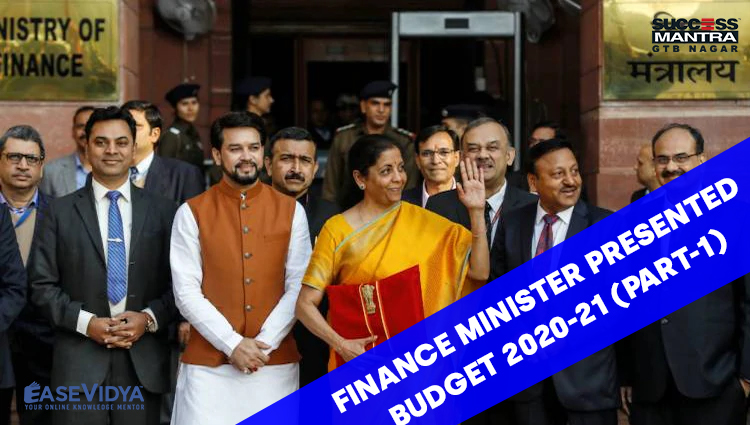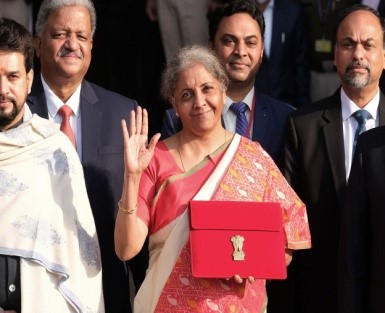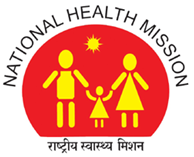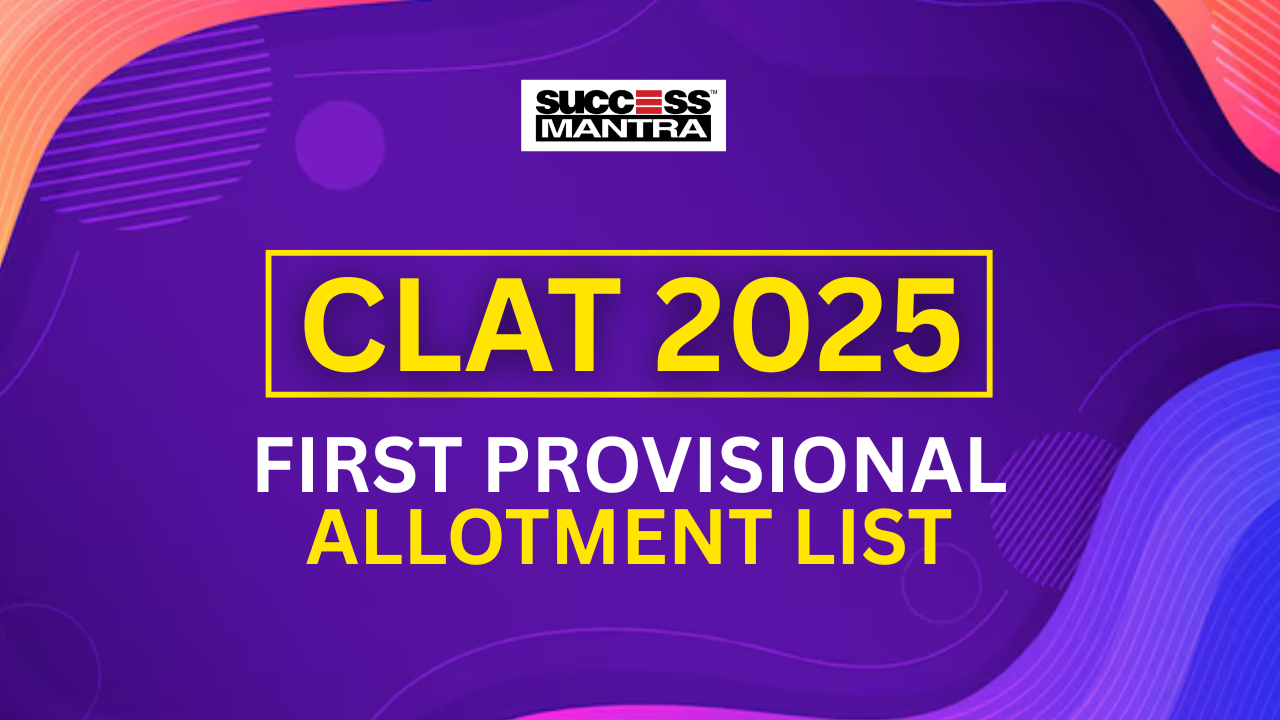
FINANCE MINISTER PRESENTED BUDGET 2020 2021 PART 1
FINANCE MINISTER PRESENTED BUDGET 2020-21 (PART-1)

Finance Minister Nirmala Sitharaman presented the Union Budget 2021 on February 1, 2021. This was the first paperless budget. The Finance Minister read out the document from a Made-in-India tablet. This was the third Budget presentation for FM Nirmala Sitharaman since she took over the mantle of Finance Ministry and the first one to be presented after the COVID-19 pandemic. The Union Budget 2020-21 was focused on the centre's Atmanirbhar Bharat vision. It did not propose any changes in personal income tax slabs. The Union Cabinet approved the Union Budget 2021-22 prior to its presentation in the Parliament. The Budget 2021 has proposed several new schemes and announcements including the launch of PM Atmanirbhar Swasth Bharat Yojana, Mission Poshan 2.0, Urban Jal Jeevan Mission, Urban Swacch Bharat Mission, Voluntary Vehicle Scrapping Policy, National Railway Plan, National Hydrogen Mission, First Digital Census, Investor Charter and first central university in Leh.
The Budget 2021-12 PART-A mainly rests on six pillars: Health & Well-Being, Physical & Financial Capital & Infrastructure, Inclusive development for aspirational India, Reinvigorating human capital, Innovation & R&D and Minimum Govt & Maximum Governance and Part-B was on Taxation.
Part A- Vision for Atmanirbhar Bharat - Six Pillars. The Budget 2021-22 rests on six pillars:
- Health & Well-Being
- Physical & Financial Capital & Infrastructure
- Inclusive development for aspirational India
- Reinvigorating human capital
- Innovation & R&D
- Minimum Govt & Maximum Governance.
HEALTH AND WELL BEING

PM Atmanirbhar Swasth Bharat Yojana: PM Atmanirbhar Swasth Bharat Yojana to be launched to develop primary, secondary and tertiary healthcare systems, strengthen existing health systems and support future health interventions with an outlay of about 64,180 crores over 6 years. This will be in addition to the National Health mission and will support 17,000 rural and 11,000 urban health care centres. Mission Poshan 2.0 to be launched to improve nutritional outcomes across 112 aspirational districts.
Jal Jivan Urban Mission: Urban Jal Jeevan Mission to be launched and implemented over five years with an outlay of Rs 2.87 lakh crore.
Urban Swacch Bharat Mission to implemented over five years with an outlay of Rs 2.87 lakh crore. Clean Air Programme: Proposal to allocate Rs. 2,217 crore for 32 urban centres to tackle the burgeoning air pollution problem.
PHYSICAL & FINANCIAL CAPITAL AND INFRASTRUCTURE
- The Finance Minister stated that to realise five trillion dollar economy, India's manufacturing sector has to grow in double digits for a sustained period. A PLI scheme has been announced for 13 sectors to achieve the same with an outlay of Rs 1.97 lakh crore over the next 5 years. Mega Investment Textile Parks- 7 textile parks will be added in the next three years.
- National Infrastructure Pipeline: The National Infrastructure Pipeline (NIP) was launched with 6835 projects, which has now expanded to 7400 projects. The NIP will require major funding from both centre and financial sector.
- Proposal to set up Development Finance Institution at a cost of Rs 20,000 crore. A national monetising pipeline will be launched and a dashboard will be created to overlook the progress.
- Propose sharp increase in Capital expenditure: The Finance Minister has proposed a sharp increase in Capital Expenditure & thus have provided Rs 5.54 lakh crores which is 34.5% more than the BE 2020-21.
- Roads & Highways: Over 13,000 km length of roads at a cost of Rs 3.3 lakh cr has already been awarded under Rs 5.35 lakh cr Bharatmala project of which 3,800 kms have been constructed. By March 2022 another 8,500 km and an additional 11,000 kms of National Highway Corridor will be awarded. 3900 km of national highway work will be undertaken in Tamil Nadu. The construction will start next year. 1100 km of national highway work will be undertaken in Kerala including 600 km stretch of Mumbai-Kanyakumari corridor. 600km corridor to be developed in West Bengal at a cost of Rs 25000 crore. National highway work of more than 34000 crore covering upto 1000 km will be taken up in Assam. The Finance Minister also provided an enhanced outlay of Rs 1,18,101 crore for ports and highways. A lot of airports will be monetised for operation and management.
- Railway Infrastructure - National Railway Plan: The Indian Railways has prepared a National Rail Plan for India 2030. The plan is to create a future-ready railways system by 2030. The government aims to bring down the logistic cost for industry to enable Make in India. The Finance Minister proposed to provide a record sum of Rs 1,10,055 crores for Railways of which Rs 1,07,100 crores is for Capital Expenditure only. 100% electrification will be completed by 2023.
- Urban Infrastructure: New scheme to be launched to support augmentation of public bus service. it will boost automobile sector and create employment opportunities for the youth and enable smooth mobility to citizens. MetroLite and MetroNeo to be introduced in Tier 2 cities and peripheral areas of Tier 1 cities. Additional central funding will be provided to Kochi Metro Phase II, Chennai Metro Phase 2, Bengaluru Phase 2A and B, Nashik and Nagpur Metros.
INCLUSIVE DEVELOPMENT FOR ASPIRATIONAL INDIA

Operation Green Scheme to be enlarged to cover 22 perishable crops. 1000 more mandis to be integrated with E-NAM market place. Agricultural Infrastructure funds will be made available to APMCs for augmenting their infrastructure. MSP increased to 1.5 times
Wheat Procurement - A total of Rs 33,874 crore was paid to farmers in 2013-14 and this was increased to Rs 62,804 crore in 2019 -20 and Rs 75,050 crore in 2020-21.
Paddy Procurement- The amount paid for paddy was Rs 53,928 crore in 2013-2014 and in 2019-20, this increased to Rs 1.41 lakh crore and it is further estimated to increase to Rs. 1,72,752 crore in 2020-21.
Fisheries: Five major fishing harbours to be developed into fishing hubs for economic activity including Chennai, Kochi, Paradip, Petuaghat and Visakhapatnam. Seaweed farming to be promoted. Multipurpose seaweed park to be established in Tamil Nadu
REINVIGORATING HUMAN CAPITAL
Setting up of Higher Education Commission. 1,00 Sainik Schools will be set up in partnership with NGOs, private schools, and states. Proposal to set up central university in Leh. 750 Eklavya schools will be set up in tribal areas. Propose to increase cost of Eklavya schools for schedule caste and schedule tribe students. More than 15,000 schools A be strengthened under NEP 2020. An 'umbrella' structure will be created for central higher education institutions in various cities such as Hyderabad.
INNOVATION R & D
Gaganyaan Mission: The first unmanned launch of the Gaganyaan Mission is slated for december 2021. Deep ocean mission to be launched for the conservation of deep sea biodiversity.
MINIMUM GOVT. AND MAXIMUM GOVERNANCE
First Digital Census to be launched. The centre has allocated Rs 3,758 crore for the same this year. Rs.1000 crore proposed for welfare of tea workers, especially women and children, in Assam and West Bengal. Rs 300 crore to be granted to Goa government to celebrate 50 years of liberation from the Portuguese.
Migrant workers and labourers: One nation one ration card scheme implemented by 32 states and union territories- covering 86 percent of beneficiaries. The remaining four states/ UTs to be integrated soon. New proposal for portal for migrant workers. The portal will maintain information on gig workers and construction workers, which will help provide benefits to migrant workers. It will help formulate health, housing, skill, insurance credit & food schemes for migrant workers.













0 Comment